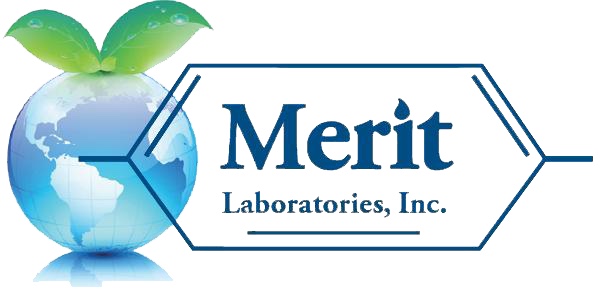The U.S. Environmental Protection Agency (EPA) released its PFAS Action Plan for addressing the Per- and Polyfluoroalkyl Substances (PFAS) challenges facing the nation. The PFAS Action Plan addresses short-term solutions for addressing PFAS and long-term strategies that will help provide the tools and technologies needed to provide clean drinking water and address PFAS prevention and contaminant control at the source.
This Action Plan describes the EPA’s approach to identifying and understanding PFAS, approaches to addressing current PFAS contamination, preventing future contamination, and effectively communicating with the public about PFAS. Priority actions identified in the U.S. EPA’s Per- and Polyfluoroalkyl Substances (PFAS) Action Plan include:
Proposing a national drinking water standard (MCL) for PFOA and PFOS in 2019;
Initiating the listing process for PFOA and PFOS as CERCLA (Superfund) hazardous substances;
Develop interim cleanup recommendations to address PFOA and PFOS groundwater contamination; and
Finalize draft toxicity assessments of GenX and PFBS and additional PFAS toxicity values.
PFAS contamination is being discovered at sites throughout the United States. Polyfluoroalkyl and perfluoroalkyl substances (PFAS) are fluorinated organic chemicals, which include perfluorooctanoic acid (PFOA) and perfluorooctanesulfonic acid (PFOS). PFAS chemicals are persistent and bioaccumulate. Persistent means they do not break down in the environment and bioaccumulate refers to the process of building up over time in the blood and organs.
Merit is one of the national leading PFAS environmental laboratories, analyzing soil, wastewater, groundwater, drinking water, and other sample matrices. Merit is certified for the analysis of PFAS by ISO/IEC 17025. Analytical method certification for PFAS includes drinking water by EPA 537 rev. 1.1 and wastewater | groundwater | surface water by ASTM D7979 with Isotopic Dilution.
Please contact Merit Laboratories for assistance on your PFAS testing needs.

